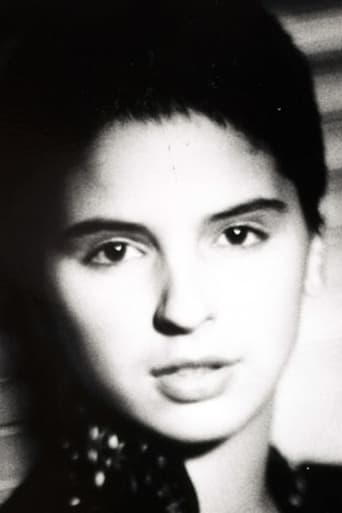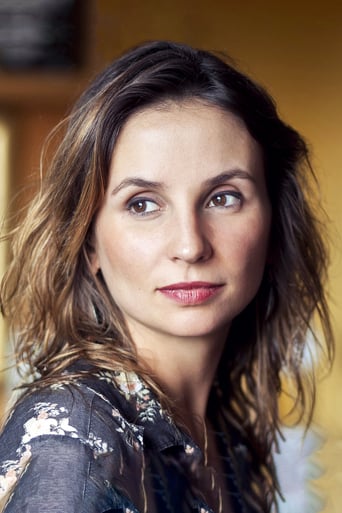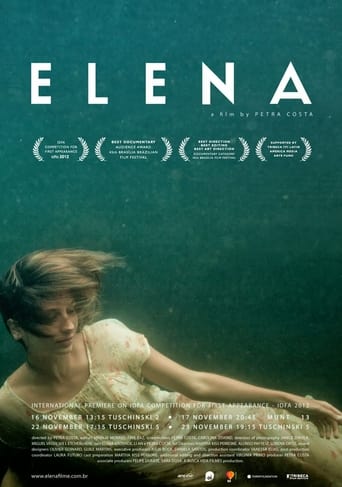
Petra heads to New York in search of her older sister after a long time of being separated. They are both movie actresses and heirs of the wounds of the Brazilian dictatorship. But Petra has only a few clues: home movies, newspaper clippings, a diary...
Similar titles
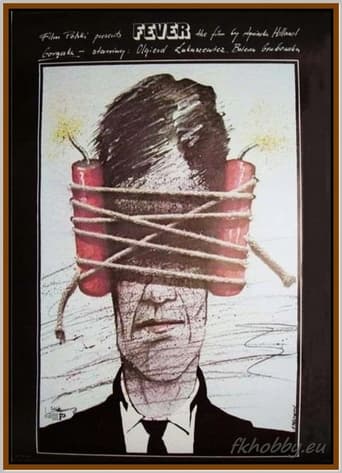
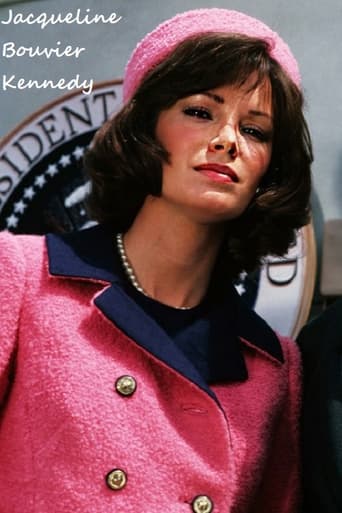
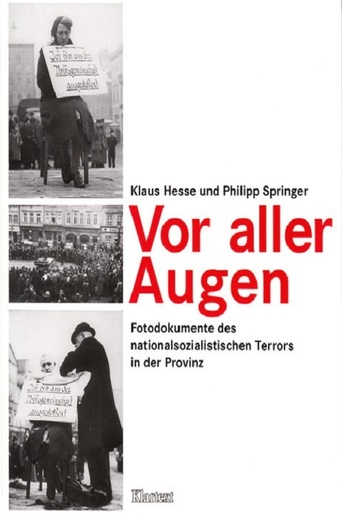

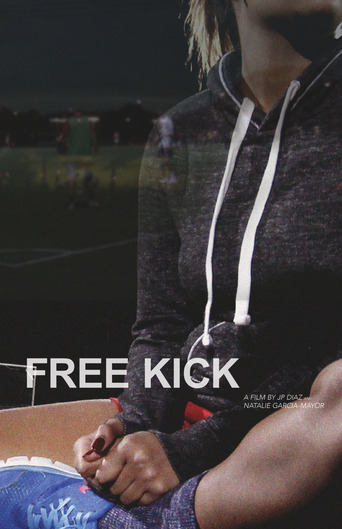
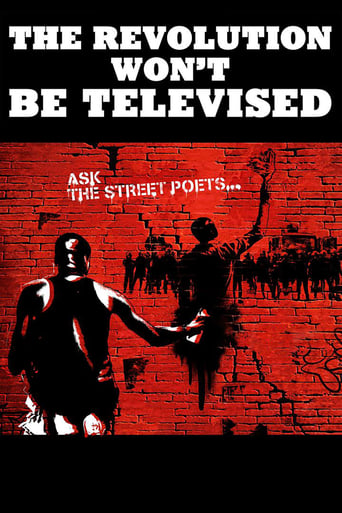
You May Also Like
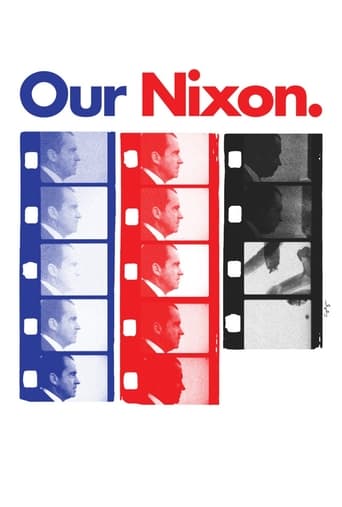
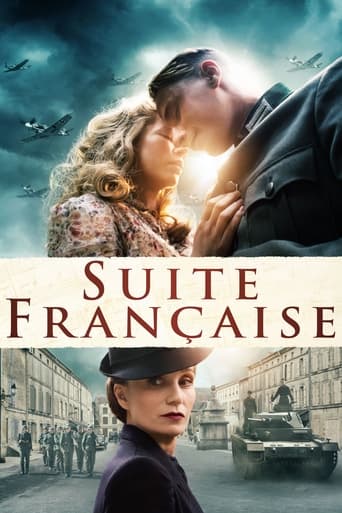
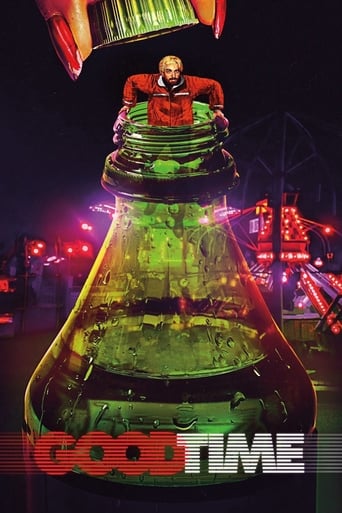
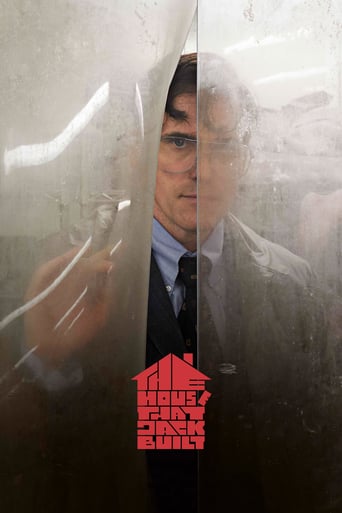
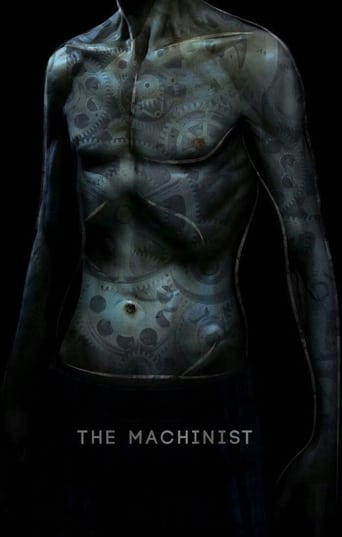

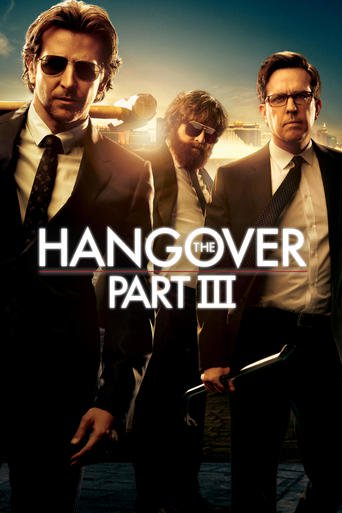

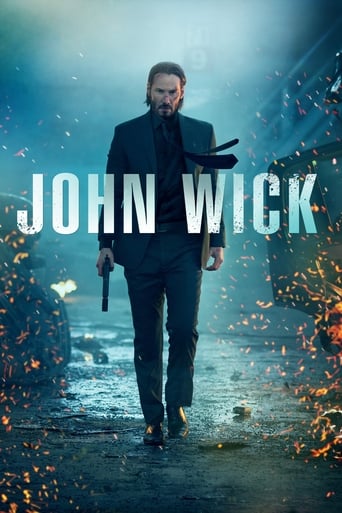

Reviews
Touches You
It's entirely possible that sending the audience out feeling lousy was intentional
While it doesn't offer any answers, it both thrills and makes you think.
Each character in this movie — down to the smallest one — is an individual rather than a type, prone to spontaneous changes of mood and sometimes amusing outbursts of pettiness or ill humor.
It's a beautiful documentary that shows how are extremely strong the connection between women in the same family. It is sad at the same time, impossible not to shed tears. It has absolutely nothing to do with the review above, that says that it is an ode to narcissism. Petra managed to merge the three (mother, daughter and sister) in an incredible and poetic way. The art direction is also beautiful. The way the mother describes her despair feelings just using words is also perfect. The soundtrack is one of the most beautiful I've heard in any documentary. The documentary is worth n many ways, as we can see ourselves in several situations.
The movie/documentary should not be named Elena, but Petra. Elena is, as we can see along the movie, a mere "ghost" to the writer's own psychological questions. A very unoriginal interpretation of teenage doubts, spiced with a nauseating narcissism and a pretension of "artistry" stolen from Elena's profession. As I was discussing with friends, we were in doubt if it was a better movie because it was based on a real story. We decided it was ONLY a movie because it was based on real facts, otherwise it would be the most boring, pointless story ever written. In general, aside of some clichés, the direction was OK. I can see some of the scenes making a beautiful movie, if inserted in a relevant story (and not in a pseudo-poetry of disconnected floating women for how long? really?).P.s.: And if you watched the trailer made by some Brazilian actors: the movie has absolutely NOTHING to do with that. It will NOT talk about Elena. Nor her life. Nor her relationships. She will remain as a metaphoric idea, not a role.
She was beautiful. She liked dancing, did theater in São Paulo, Brazil, and dreamed of being a Hollywood actress. When she turned 13, she got a video camera—and a sister. They became a real twosome in experimentations. As an adolescent, Elena spent a lot of time creating short films and took special care directing little Petra in the scenes she invented. She was demanding and believed in her sister's potential to meet with her raptures as precocious director. For five years, she acted in some of the best São Paulo theater productions. She also auditioned for a few film and TV parts. She was never called. Elena was 20 years old when, at the start of 1990, she moved to New York to further her studies in performing arts and strive for her chance in the American market. Out of place, anxious, frustrated after some unsuccessful acting auditions, disappointed over the lack of recognition and overtaken by a depression that deepened with the lack of perspectives, Elena committed suicide in the second half of the year. Petra was 7. Twenty years later it is she, the baby sister, who returns to New York to retrace her sister's last steps, look through her archives and transform her memories into images and poetry. ELENA is a film about a sister who departs and a sister who stays. It's a film about searching, loss, missing, but also, about finding, about legacy, what is passed on, memory. A film about Petra's Elena and Elena's Petra, about what remained of one in the other, and essentially, a film about delicateness/affection. In the competitive Brasilia Film Festival, ELENA was outstanding among the participating documentaries. It won four prizes: Audience Award for Best Documentary, Best Film Directing, Best Art Direction, and Best Editing. Along this year, ELENA may not be in the spotlights, but is at par with and surpasses some of the films presented by the best Brazilian filmmakers. And it indicates a promising path for the future documentary: taking to the screen personal stories in which affection is more relevant than reporting, and substituting the staid, overworked tone of traditional biographies by an involving mosaic of sounds and images, forms and content, research and delirium. The first feature film by Petra Costa, also director of the short "Olhos de Ressaca" ("Undertow Eyes"), the new ELENA is built of old fragments, dug up by Petra from what was left by her sister: home videos, excerpts from a diary registered by Elena on audio tapes, old pictures that have undergone the ravages of two decades in oblivion. It is also a film that shows, in recent images, the course taken by Petra to rediscover Elena: accounts by family and friends, an emotional and deeply human message by her mother, a visit made by the production team to the house and the hospital where the tragic end happens. Once the film finishes, the spectator continues without knowing the acting of Elena in front of the cameras in 1990. Now, under the precise direction of her younger sister, she finally triumphs on the screen. "Of uncommon beauty, the film stays with us for a long time", wrote about it the filmmaker Walter Salles. "It provokes 60 insights per minute", said film director Fernando Meirelles. To let yourself be taken in by the insights, involve yourself with Elena for as long as it takes, is a must. (by Camilo Vannuchi, published in Brazilian site Época São Paulo in October 2012)
I've lost track of the number of times I've been asked what documentaries are good for. Usually, it goes like this: "What were you trying to say in your film? Or: "What's the goal of your film?" There is also the popular iteration I call the Post Office version: "What's your film's message?" And, of course, in its most utilitarian form: "Why did you make this film?"There's no good answer to these things for the simple reason that the question, in all its configurations, is a bad one. In these types of situations, we try to be polite and end up saying things that later become the source of eternal embarrassment and regret. The truth is that the reasons a film is made are either banal (because we were paid to, because it's what we do) or very mysterious (the impulse to give form to something that, being inchoate, cannot be explained in advance). To me, the true test of a documentary is found not in the reasons it came into being, but in the force with which it affirms its own existence. What I mean is this: more often than not, filmmakers don't manage to convince viewers that their films are necessary. Had they not existed, it wouldn't make much difference, either for the viewer (which is important) or for the person who made it (which is vital). These are the expendable films. The others – which are much rarer –, leave no doubt that, because of them, something changed. It might be our perception of things, or our empathy for the world, or film itself. The viewer knows. Something came into focus, became sharper. Elena is that kind of film. At its core is the tragic event of a life interrupted too early. The survivors are shattered. The film puts the pieces back together, to the extent that that's possible, which is to say, imperfectly. There's no naive belief in closure, in the ability of art to restore the wholeness that existed before the drama. Rather, it's just the opposite. Through the film, one seeks to find a way of coming to terms with the irreversibility of death, learning to live with what will always be missing. If there's no neat conclusion, tied with a bow, neither is there prostration, since one needs to keep living – and if possible, once in a while, just dance a little, as in the last scene. That cheerful realism, that desire to find joy in spite of everything, is what lingers and makes a film about death succeed in affirming life so strongly. The final impression is that Petra, the director and sister, made and was made by the film, a bit like that image in which a hand draws another hand and in turn is drawn by it. Without the director, Elena wouldn't exist; without Elena, my impression is that the director would be sadder, her life trapped in unresolved mourning. She would also have been spiritually poorer, since lacking the experience of having made one of the most beautiful films I've seen in a long time. (Written by João Moreira Salles, director of "Santiago")
Top Streaming Movies













